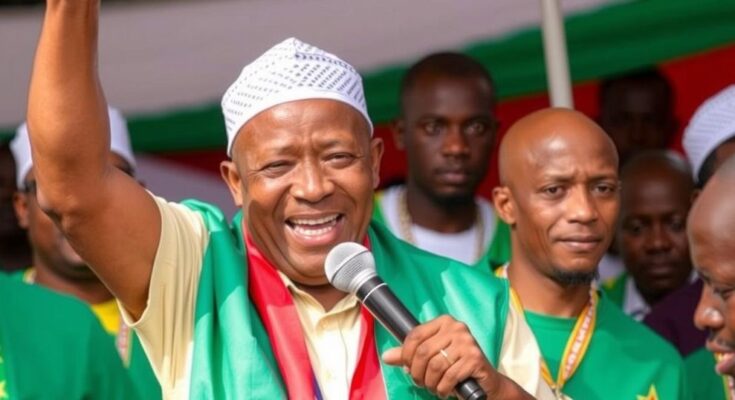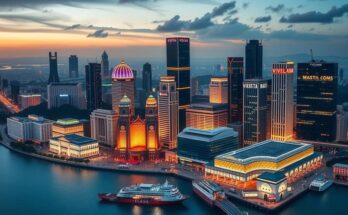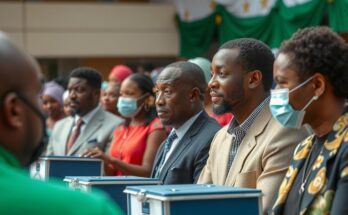Chad’s ruling Patriotic Salvation Movement won 124 out of 188 parliamentary seats in December’s elections, held amidst a boycott by key opposition parties. Voter turnout was reported at 51.5 percent. The election signifies a step toward decentralization under President Mahamat Idriss Déby, who has encountered challenges to his authority since ascending to power after his father’s death. Opposition parties controversially labeled the election a “charade.”
In December’s parliamentary elections, Chad’s ruling Patriotic Salvation Movement (PSM) garnered a substantial majority, securing 124 out of 188 available seats, according to provisional results disclosed by the electoral commission. This election marks Chad’s first parliamentary contest in over a decade, occurring against a backdrop of a boycott by over ten opposition parties, including the prominent Transformers party, whose leader, Succès Masra, notably finished second in the previous presidential election. The voter turnout registered at 51.5 percent. This electoral event has intensified President Mahamat Idriss Déby’s political assertiveness, following his ascension to power after the death of his father, the long-serving president Idriss Déby Itno, in 2021. This parliamentary election was considered a crucial step in transitioning Chad towards democracy, amidst ongoing challenges such as Boko Haram militancy and the dissolution of military ties with France. While President Déby claimed the election heralded a new phase of decentralization, the opposition branded it a “charade” and raised concerns of it mirroring previous disputed electoral outcomes. The main opposition group has yet to respond publicly to the provisional results.
Chad’s recent parliamentary elections were held during a pivotal moment in the country’s political landscape. President Mahamat Idriss Déby, who has held power since a military coup in 2021 after the demise of his father, sought to legitimize his rule through these elections. Since seizing power, Déby has faced scrutiny, particularly concerning the credibility of prior electoral processes, including his recent controversial presidential election victory. This election was particularly significant, marking the first parliamentary elections in over ten years, and aimed to transition Chad toward a more decentralized government structure, redistributing authority to regional and local levels.
In conclusion, the ruling Patriotic Salvation Movement’s significant victory in Chad’s parliamentary elections reinforces President Mahamat Idriss Déby’s political power amidst opposition boycotts. The election results, while reflecting a pivotal moment in Chad’s political evolution, highlight the ongoing challenges the government faces concerning democratic legitimacy and security threats. The sentiment from opposition factions regarding the system remains critical, indicating a tumultuous political landscape ahead.
Original Source: www.rfi.fr




